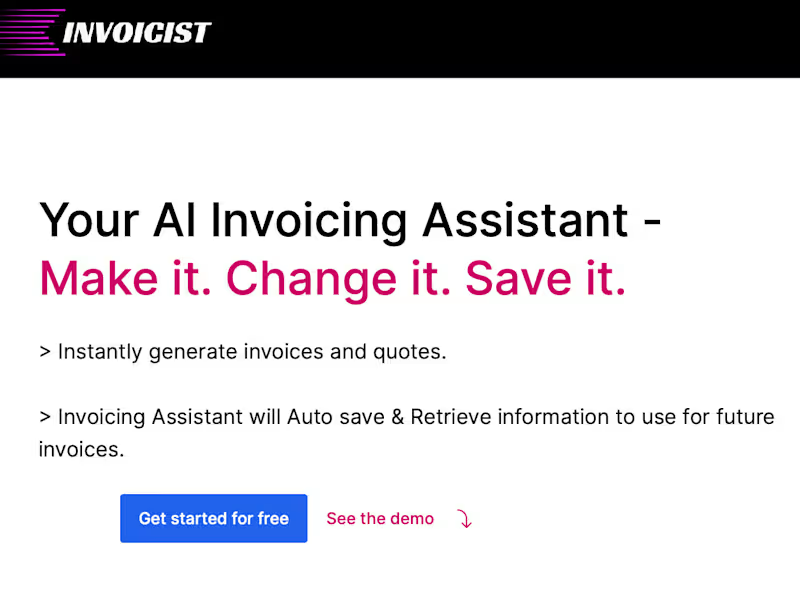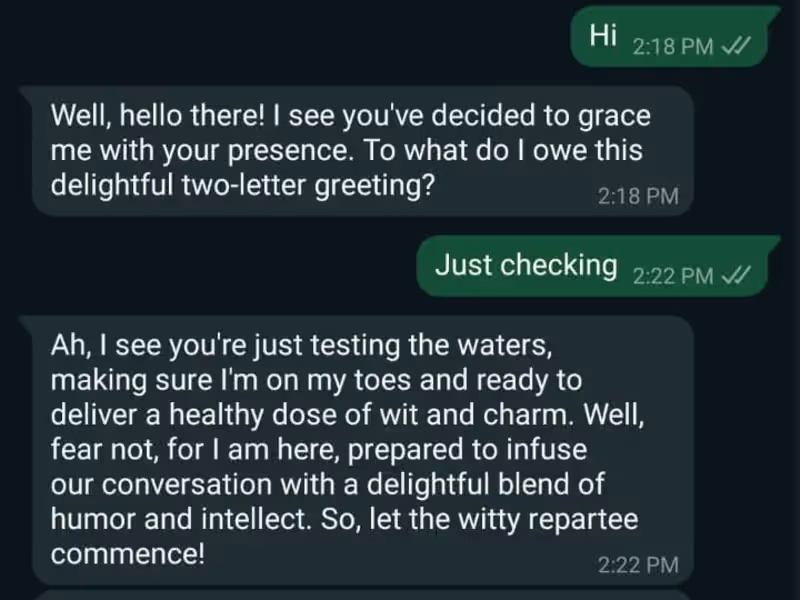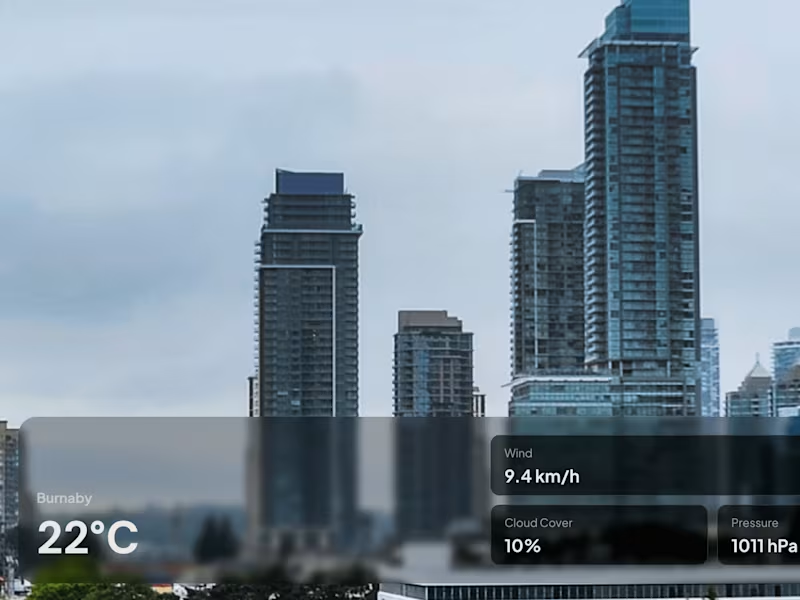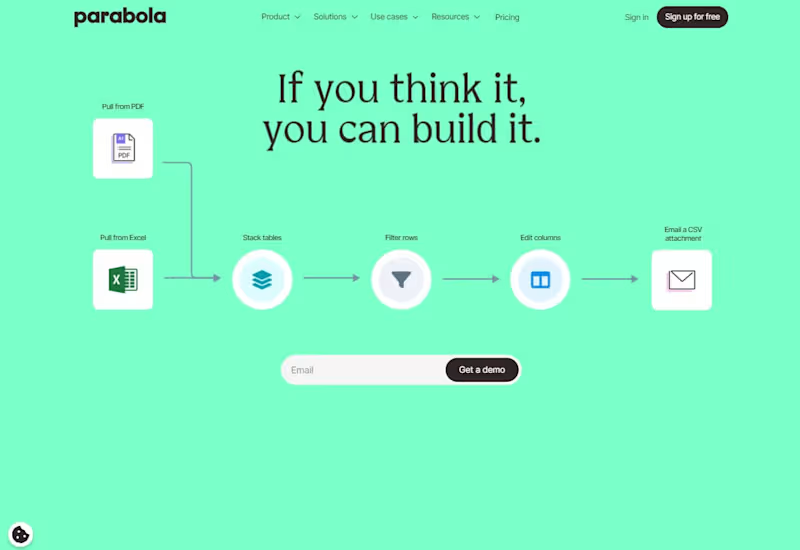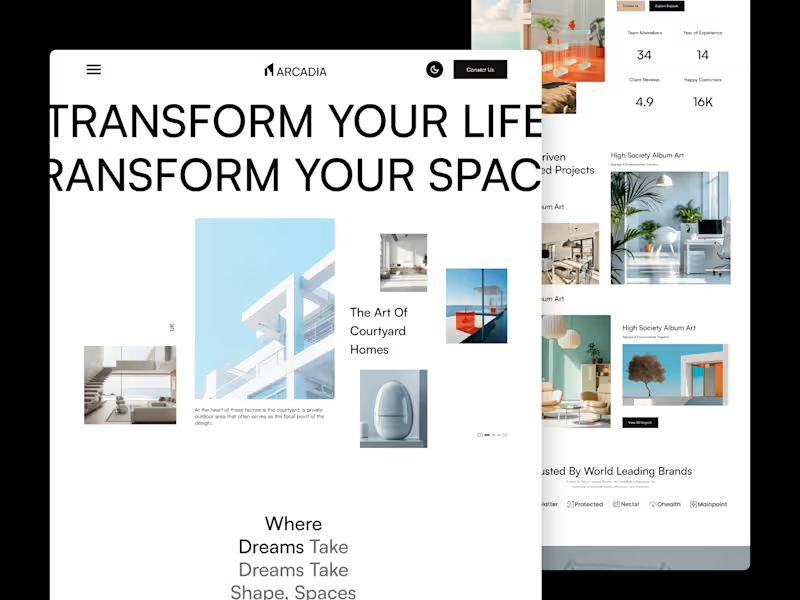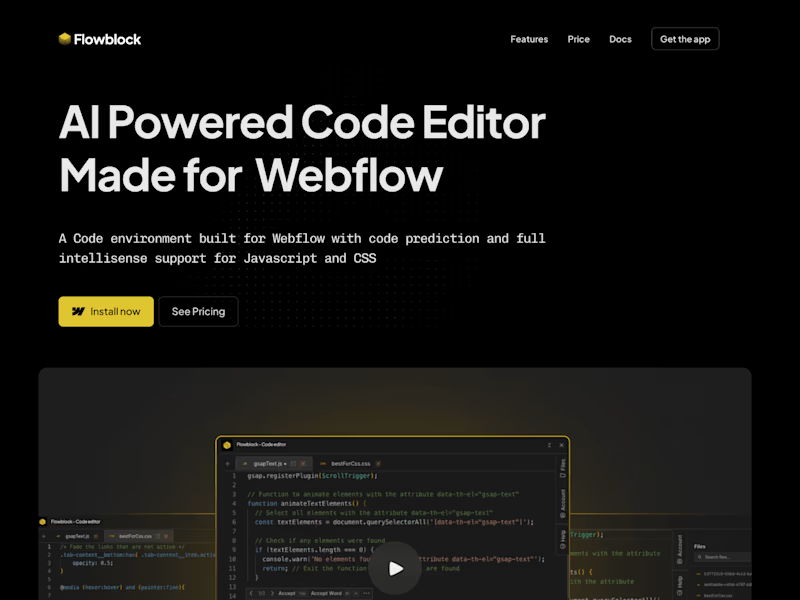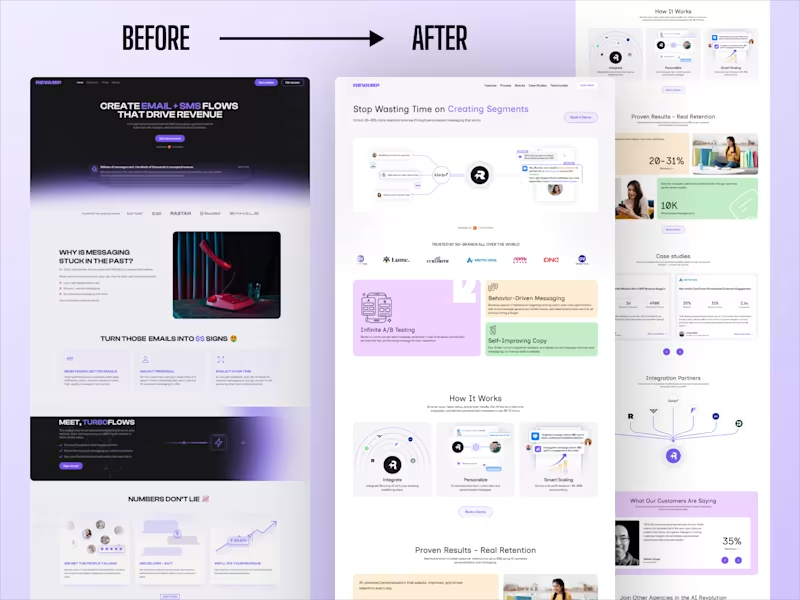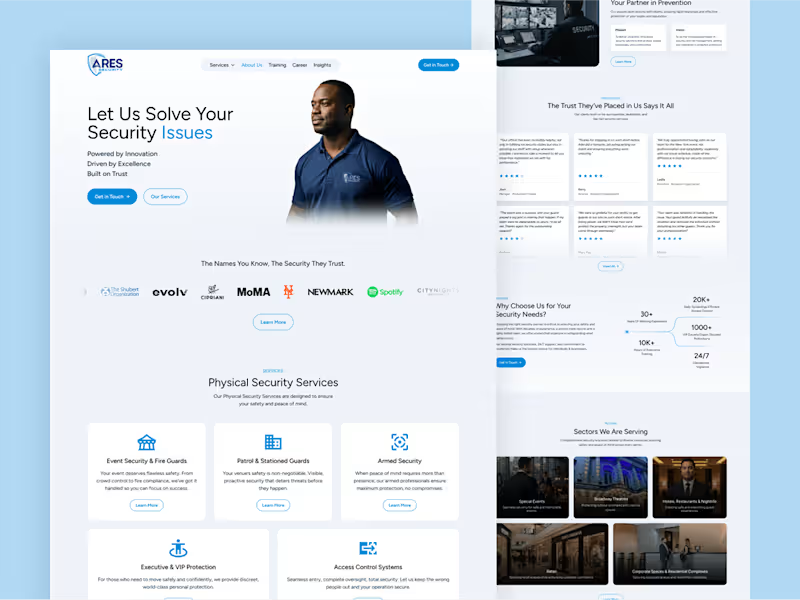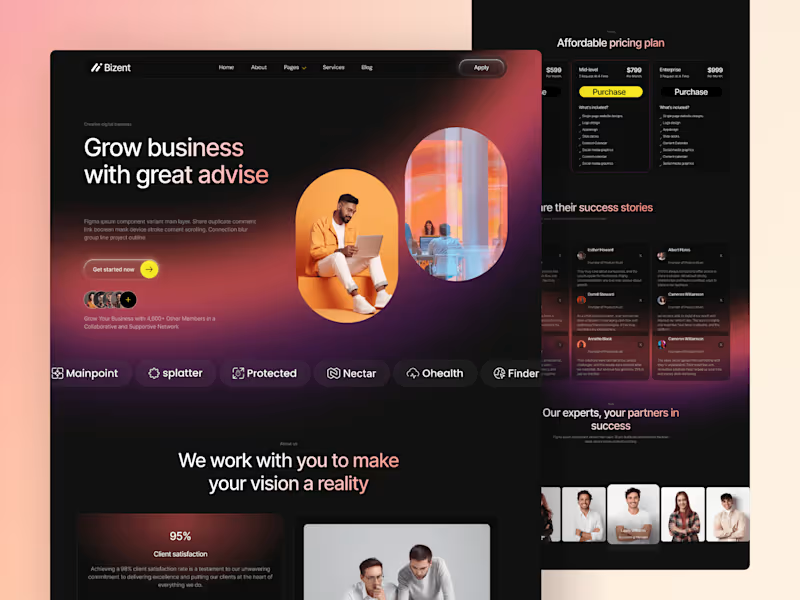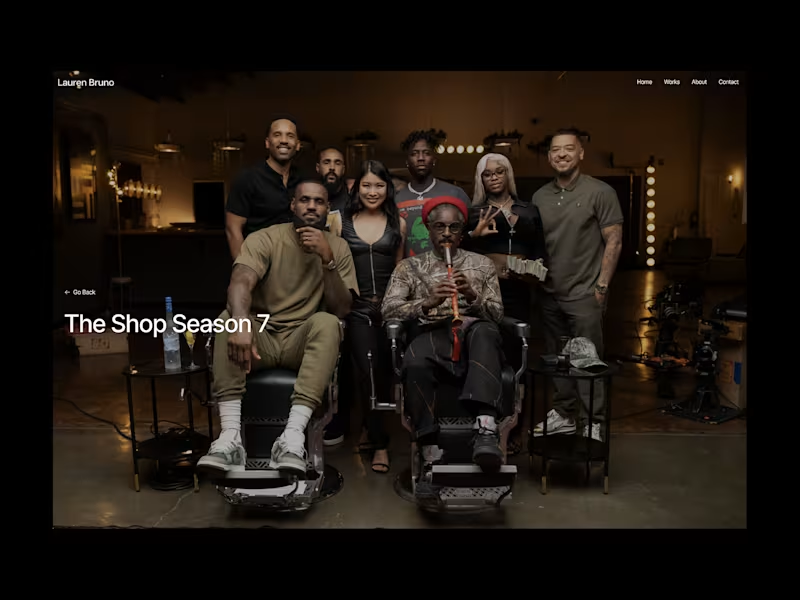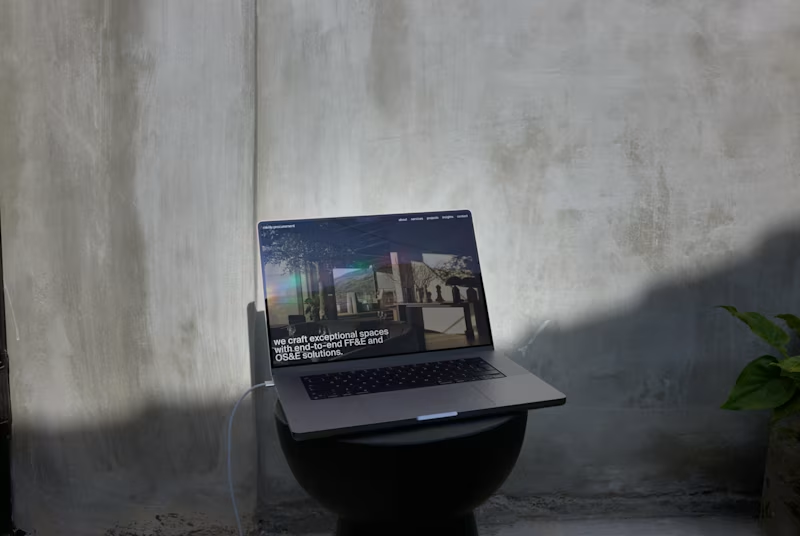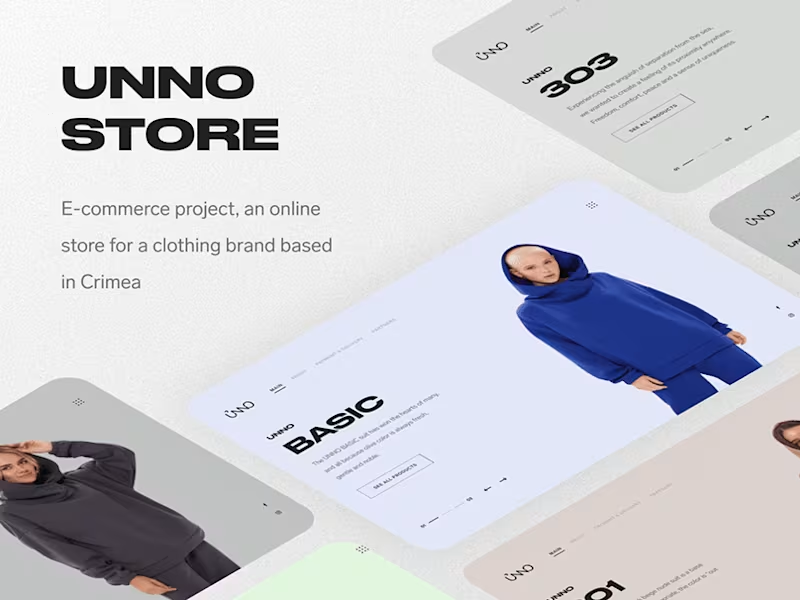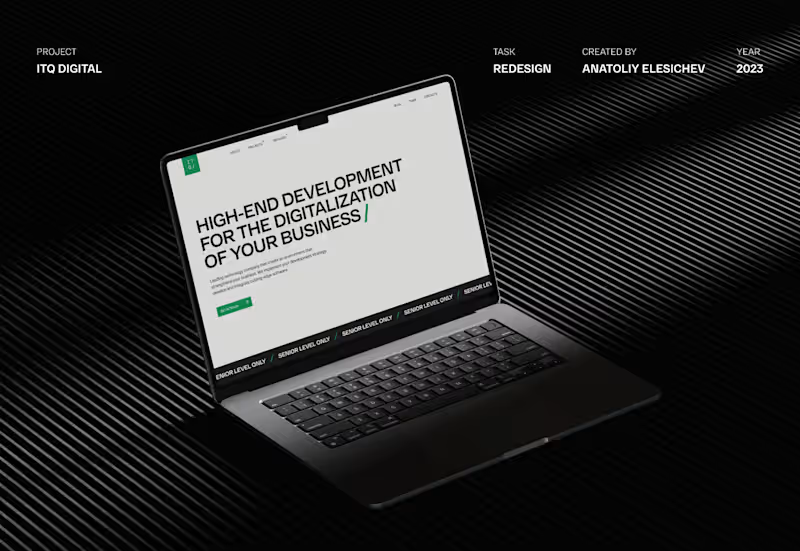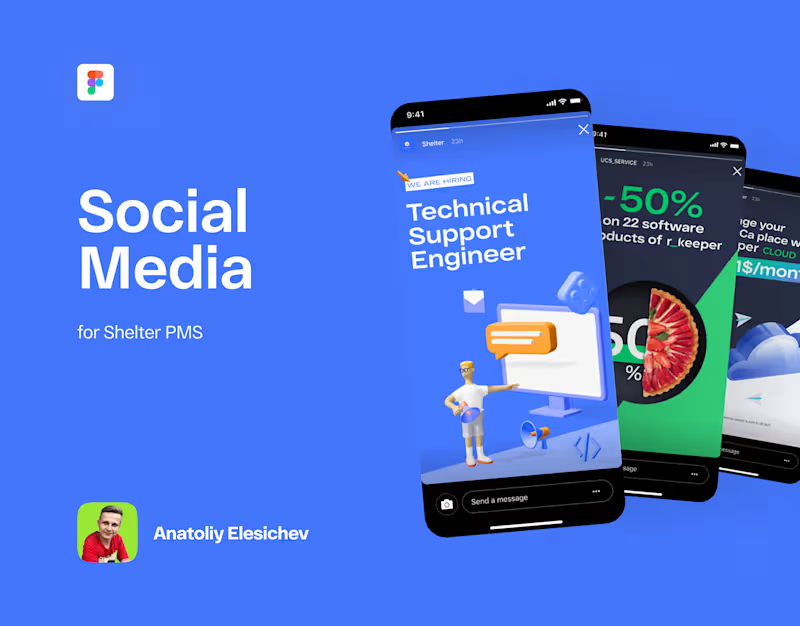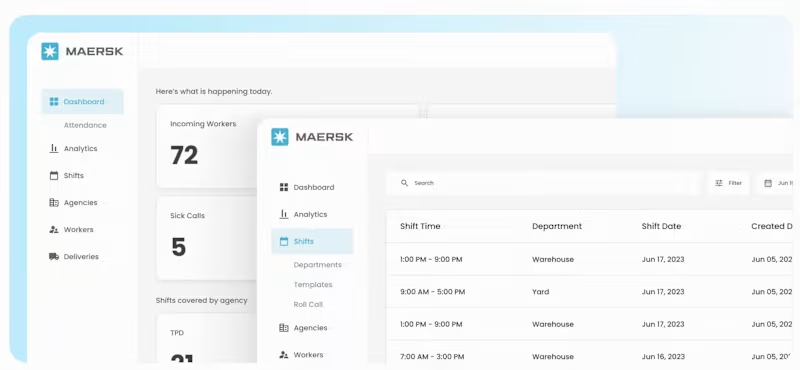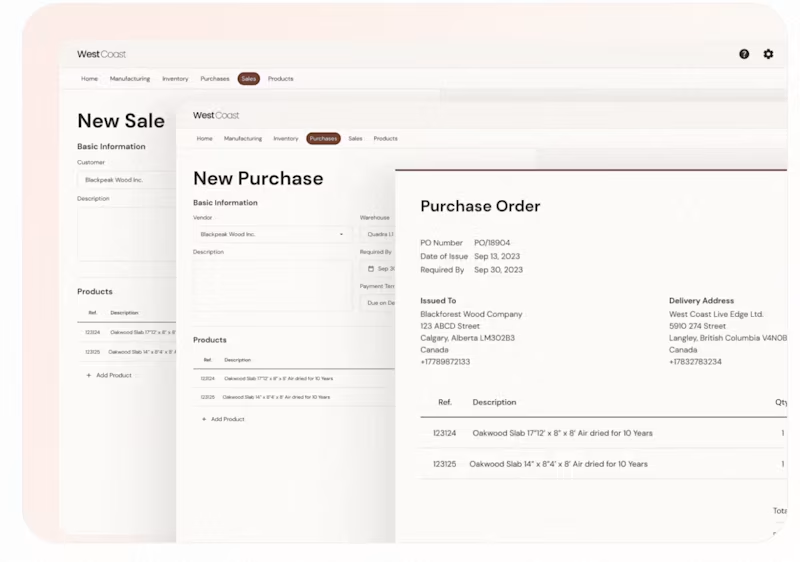What is the best way to define project goals when hiring a low-code/no-code developer?
Start by writing down what you want your project to do. Be clear about the problems you want to solve. Break down big ideas into smaller, easy steps. This will help the developer understand exactly what you need.
How can I ensure that the low-code/no-code developer understands my business needs?
Share details about your business and how it operates. Tell them about your customers and your goals. This helps the developer create solutions that fit your needs exactly.
How should I determine the right timeframe for a low-code/no-code project?
Think about when you need the project to be done. Look at how complex the task is and work with the developer to set a timeline. Having a timeline helps everyone stay on track.
What should I include in the contract before starting a low-code/no-code project?
Include what the project will achieve, how long it will take, and how updates will be shared. The contract should make sure both you and the developer know what to expect. This will make the project run smoothly.
How can I set clear deliverables for my low-code/no-code project?
List specific things you want to see at each stage of the project. This could be a prototype or a final version of a tool. Having clear deliverables makes it easy to track progress.
What communication tools can help in managing a low-code/no-code project effectively?
Use tools like Slack or Trello to keep in touch. These tools help you share updates and documents easily. In British Columbia, many people like using Zoom for meetings.
How important is it to consider local talent from British Columbia for my project?
Local developers may better understand the local market and culture. This can make communication and meetings easier. It can also support the local economy.
How can I evaluate the developer’s experience with the specific low-code/no-code tool I need?
Ask to see examples of their past work. Check if they have used the tool you want in other projects. This shows that they know how to use it well.
Why should I discuss adapting to changes in regulations with my developer?
Projects may need to change if new rules come up. A developer who knows the local rules can keep your project compliant. This is especially important in places like British Columbia where regulations can be strict.
What steps can I take to ensure my freelance developers respect data privacy laws?
Discuss your privacy needs clearly. Make sure the developer understands and follows local data rules. In British Columbia, data privacy is very important, and following laws protects your business.
Who is Contra for?
Contra is designed for both freelancers (referred to as "independents") and clients. Freelancers can showcase their work, connect with clients, and manage projects commission-free. Clients can discover and hire top freelance talent for their projects.
What is the vision of Contra?
Contra aims to revolutionize the world of work by providing an all-in-one platform that empowers freelancers and clients to connect and collaborate seamlessly, eliminating traditional barriers and commission fees.







































